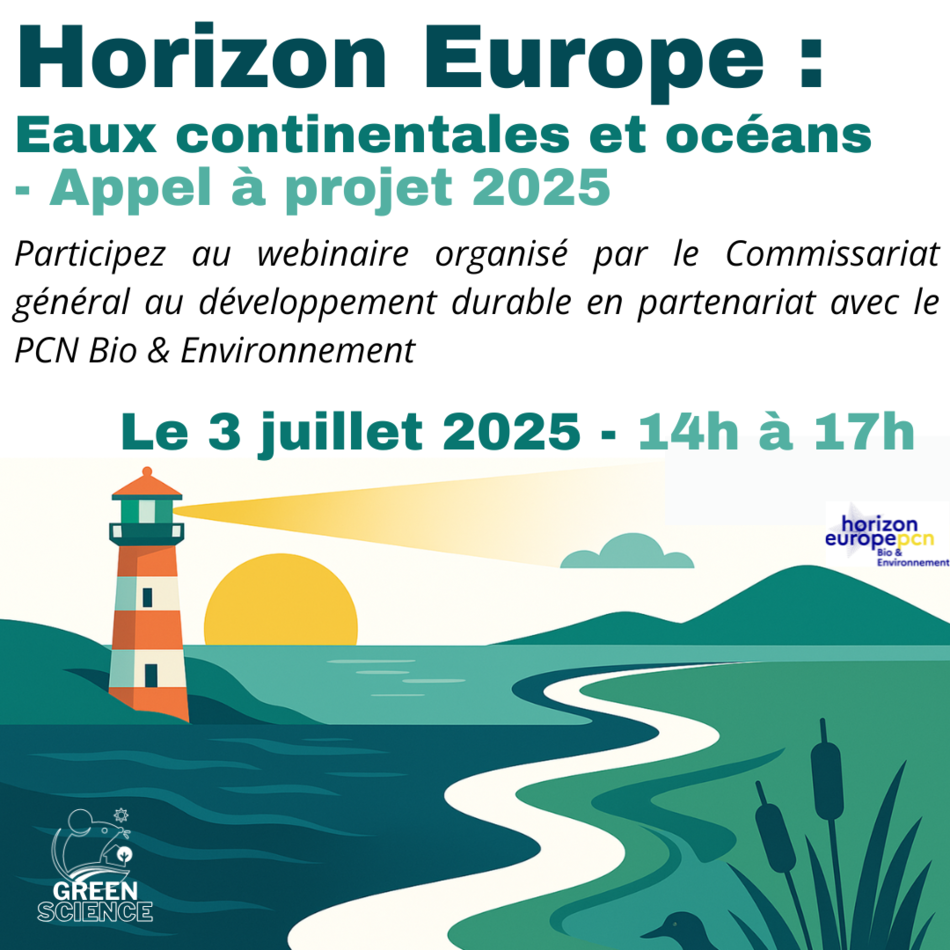ExpectedOutcome:
Through the development of new technologies a successful proposal will contribute to addressing the lack of ground observation (in-situ observation)[1] necessary to cope with climate change effects in hard-to-reach areas, areas facing extreme physical conditions and critical areas for human health and security. As such contributing to the European Green Deal objectives and a strengthened Global Earth Observation System of Systems (GEOSS), by deploying and adding value to environmental observation[2].
Proposals are expected to contribute to at least four of the following outcomes:
- Lower cost of in-situ observation in terms of capital cost, deployment/recovery, and maintain leading;
- Improved geographical coverage and long-time series of in situ environmental observations;
- Tested and validated new in-situ measurement technologies in hard-to-reach under-sampled areas;
- Dedicated technical protocols ensuring validation, interoperability, and synchronisation between in-situ and remote sensing systems in compliance with the GEOSS and Copernicus requirements;
- Established collaboration with environmental observation data providers to ensure proper gap filling and adequate responses in terms of acquisition protocols;
- Coherent business model(s) involving industrialists, research centres, and users ensuring the sustainability of systems developed;
- Contribute to reinforcing the in-situ component of the GEO initiative, the Copernicus programme and the EC-ESA initiative on Earth system science, and to strengthen in-situ observations to adequately complement the space-based observations planned through Copernicus Expansion Missions.
Scope:
The geographical coverage and acquisition of long time series of in-situ observation of the various components of the Earth’s systems should be improved in order to ensure a proper monitoring and modelling of the environmental processes. This is recognised in the context of the Copernicus programme, by the GOOS 2030 Strategy, and was reiterated at global level at the GEO Ministerial Summit[3] in November 2019 in the Canberra Ministerial Declaration[4]. This topic is intended to support innovative technological solutions building on cutting-edge technologies in the domain of measurement and testing, big data and ICT to acquire necessary parameters from in-situ measurements required to ensure an integrated monitoring and model data assimilation necessary to respond to the climate transition and the European Green Deal challenges. This call covers marine and/or terrestrial measurements in hard-to-reach areas or areas with extreme physical conditions such as the polar regions, the tropical regions and desert regions, the deep-sea, and the high-altitude regions where the lack of in-situ data makes global assessment and mitigation of climate change effects very challenging. Proposals could also address geographical and high temporal resolution gaps in observations such as the real-time monitoring of aeroallergens or other atmospheric aerosols affecting health. The proposals should be conducted, inter alia, in collaboration with Copernicus and other, relevant activities[5] and communities in order to guaranty coherent approaches regarding the acquisition of new in-situ data and development of related monitoring systems – in particular in view of supporting the calibration of remote-sensing data. During the development of the systems, special attention should be given to data management, standardisation and dissemination issues.
The development of new in-situ observation systems should be conducted in close collaboration with the commercial sector. The sustainability of the systems beyond the duration of the project should be part of the work plan of the proposal and be the subject of concrete actions with the relevant partners in the proposal (users, industrialists, research organisations, including European research infrastructures).
Specific Topic Conditions:
Activities are expected to achieve TRL 6-8 by the end of the project – see General Annex B.
Cross-cutting Priorities:
Artificial IntelligenceOcean sustainability and blue economyDigital AgendaInternational CooperationEOSC and FAIR data
[1]All non-space based observations which may include remote sensing from ground-based, marine or airborne platforms
[2]The capacity to observe the environment, including space-based, in-situ-based (air, sea, land) observation, and citizen observations
[3]http://www.earthobservations.org/geoweek19.php
[4]https://earthobservations.org/documents/geo16/MS%204.2_Draft%20Canberra…
[5]European research infrastructure, EMODnet, INSPIRE, GEOSS, EGNSS, ESA etc.





